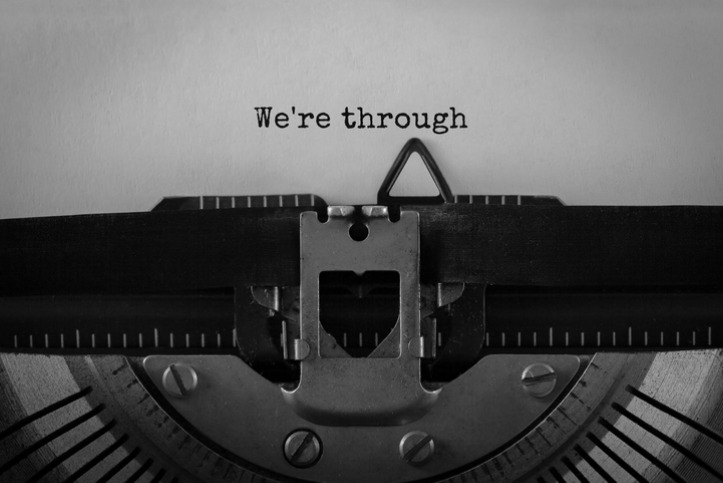5 Tips for Breaking up with the Imposter Monster

Have you ever been in a toxic relationship? You know, that partner you knew you should break up with, the one all your friends told you to ditch, but somehow you kept getting pulled back in? Yep, that’s what imposter syndrome is like and it’s one of the greatest barriers to success. It’s that persistent doubt within ourselves that’s like a monster lurking over your shoulder telling you that you don’t belong, you’re a fraud, and you’re not good enough. Fear takes over and, as a result, you don’t take risks and your talents often go unnoticed. Women are particularly susceptible to the “imposter monster” and it is one of the most common ways we hold ourselves back. Sitting in my first class in graduate…







